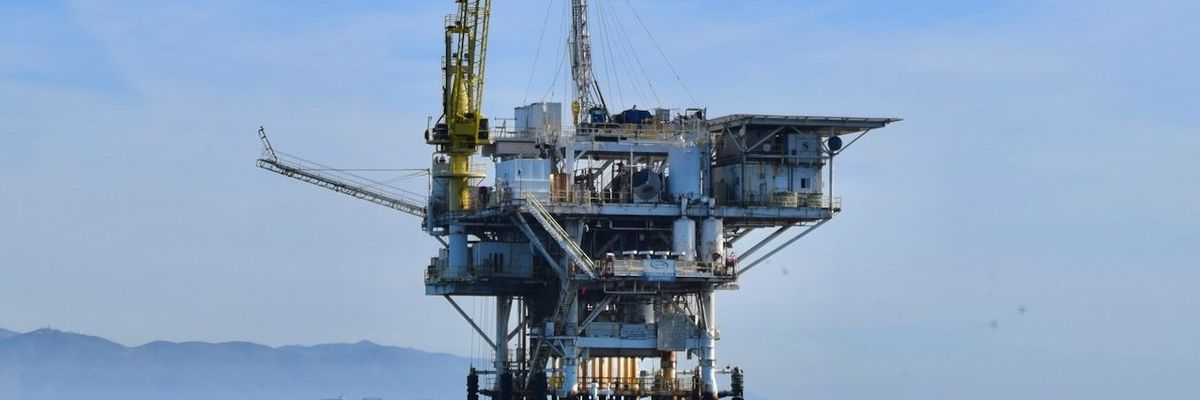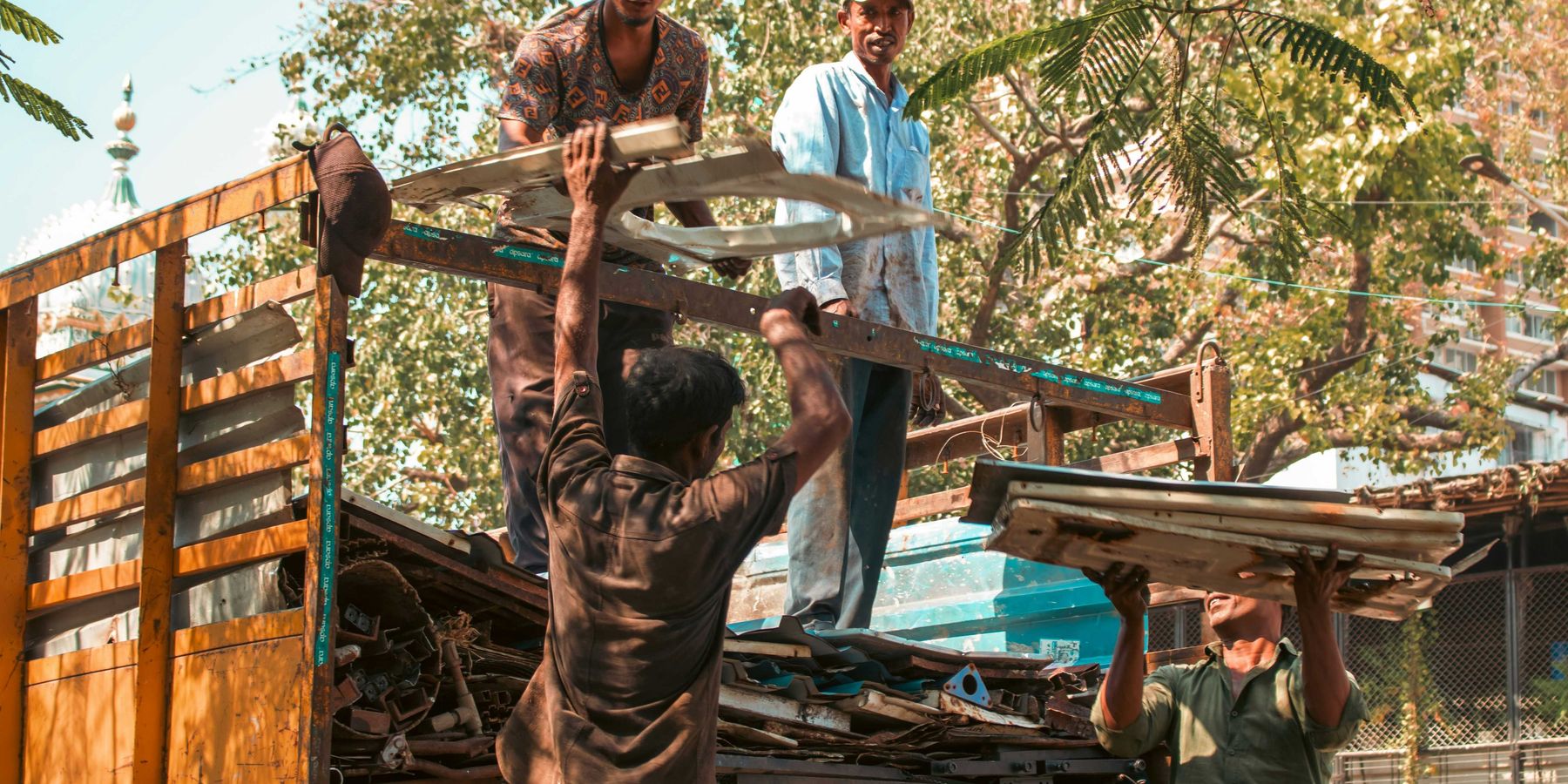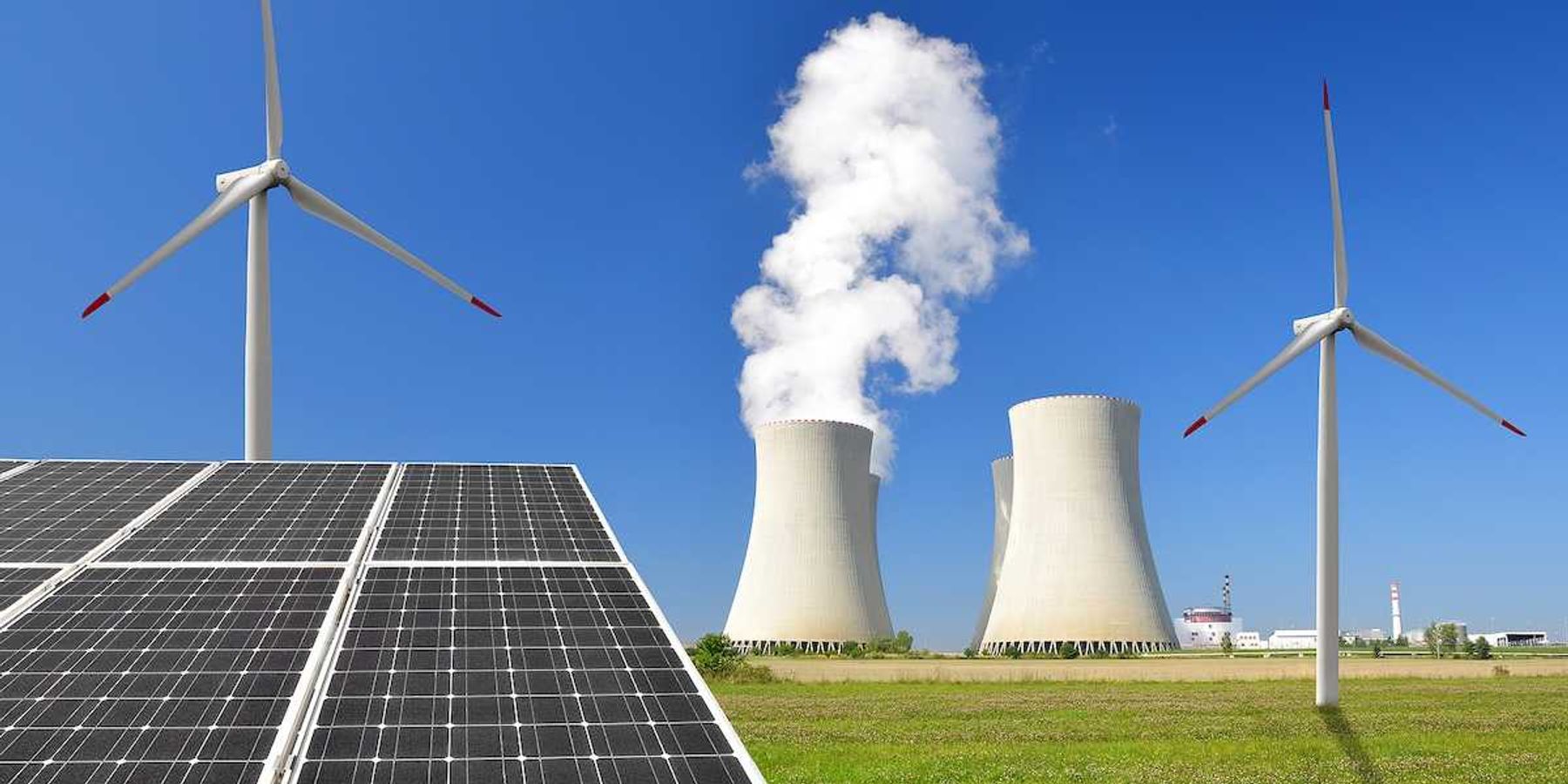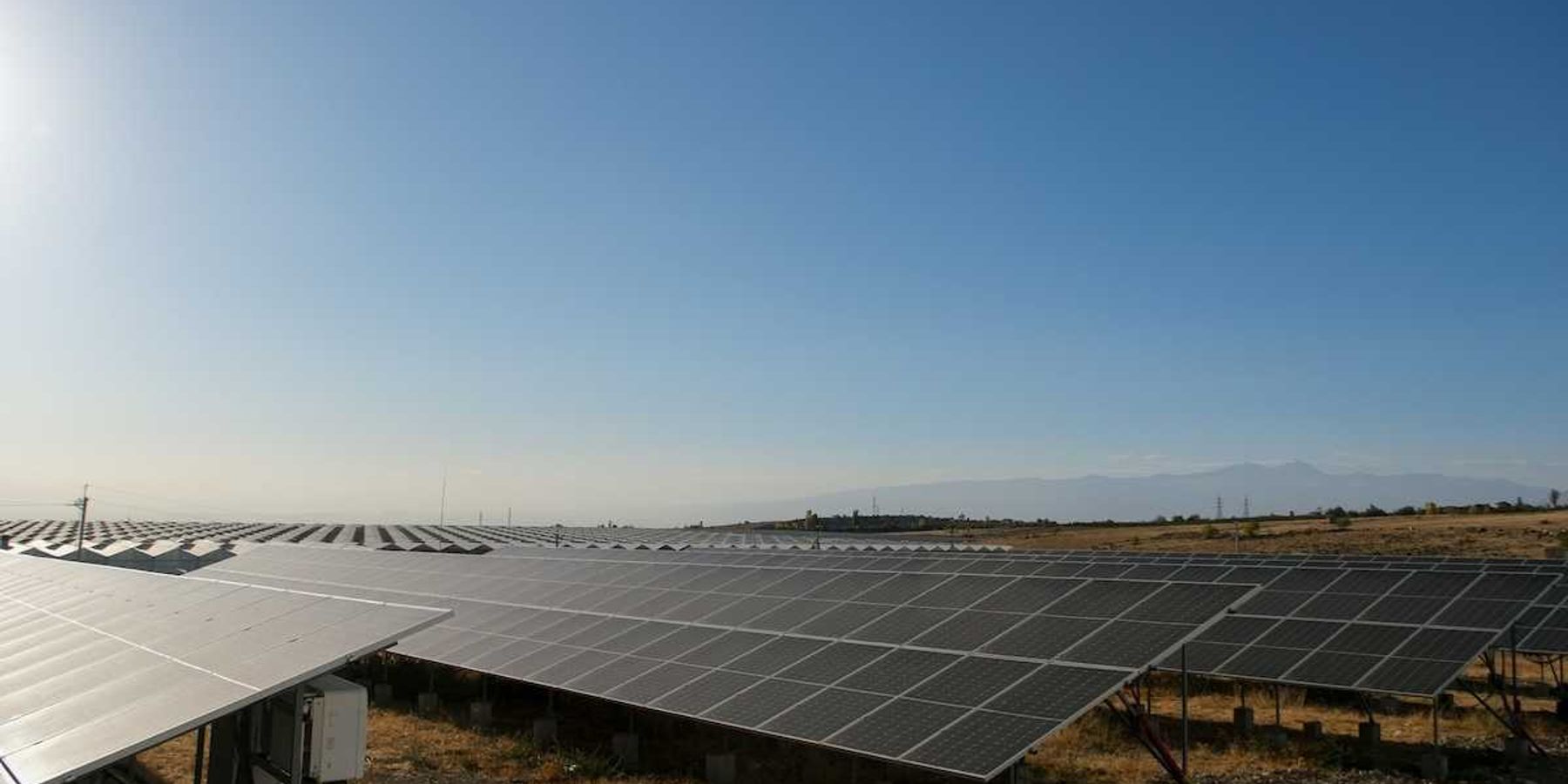world news
‘You should be able to have a water break’: US workers fight for extreme-heat rules
Across America, temperatures are soaring – but industry groups are opposing potentially life-saving heat regulations.
Rising seas have flooded this Lagos town three times. It may not survive a fourth
As waves and storms erode the Okun Alfa shoreline, the locals fight on – and hope a Yoruba deity can help where politicians have failed.
Kate Aronoff: Be angry about the wildfire pollution – but be angry at the right people
A poisonous haze made the air over New York temporarily more hazardous than any other place on Earth. Thank fossil fuel billionaires, writes Kate Aronoff in The Guardian.
In a nutshell:
Unprecedented wildfires in Canada, fueled by rising temperatures and dry conditions, have caused a poisonous haze that blanketed the northeast, making the air quality in New York City worse than anywhere else in the world. A study reveals that 88 of the world's top greenhouse gas-emitting companies, including Saudi Aramco, Chevron, ExxonMobil, Gazprom, and BP, are responsible for half of the additional dryness and 37% of the area burned by wildfires in the western US and southwestern Canada.
Key quote:
"It makes sense that anyone facing conditions as awful as those caused by the smoke this week would get angry. The trick is to get angry at the right people: fossil fuel billionaires who couldn’t care less about the horrors they’ve unleashed", Aronoff argues.
Big picture:
The long-term global health impacts of toxic smoke pollution and ongoing fossil fuel use are significant. Air pollution from burning fossil fuels is responsible for one in five deaths worldwide, with approximately 10 million deaths per year attributed to air pollution. The smoke pollution caused by wildfires and exacerbated by rising temperatures and dry conditions poses a serious threat to public health, contributing to respiratory issues, cardiovascular problems, and other health complications.
Read the entire opinion piece at The Guardian.
For additional context about environmental health in general, check out What Is Environmental Heath?
Editorial: the Arctic threatened by Putin’s war
Too late now to save Arctic summer ice, climate scientists find
Ice-free summers are now inevitable even with sharp emissions cuts and likely to result in more extreme heatwaves and floods around the world.
How the gas flares in Nigeria are fuelling a health crisis
Tom Brown and Christina Last write about Nigeria’s oil-rich south, where companies are burning off so much excess gas it's enough to power the whole of sub-Saharan Africa.
In a nutshell
In Nigeria's oil-rich city of Port Harcourt, gas flares belch toxic pollutants into the air, enveloping the area in a suffocating and hazardous environment. Over 230,000 people reside within two kilometers of these flares, enduring exposure to the resulting black fumes and toxins. Gas flaring, a practice employed by companies to burn off natural gas during oil drilling, not only wastes a valuable resource but also contributes to environmental devastation and health crises. The prevalence of birth defects in Port Harcourt is alarmingly high, and air pollution levels exceed recommended safety limits, causing respiratory problems and long-term health issues.
Key quote
“Flaring activity should be put behind us, but up to this date, nobody has been able to do that,” says King Johnson Ologho Erieyowe, a community leader who lives on the outskirts of a mangrove forest in the Delta. “It is a long battle.”
Big picture
Gas flaring poses a significant threat to public health. In addition to causing respiratory and other health issues locally, the flares release massive amounts of methane and CO2 into the atmosphere, contributing to climate change and exacerbating the global warming crisis. The resulting environmental havoc affects not only local communities but also has far-reaching consequences for people worldwide.
Read more at The Telegraph.
US deal could plug Turkmenistan’s colossal methane emissions
Turkmenistan was responsible for 184 “super-emitter” events in which the powerful greenhouse gas was released in 2022, the highest number in the world. One caused climate pollution equivalent to the rate of emissions from 67m cars.









